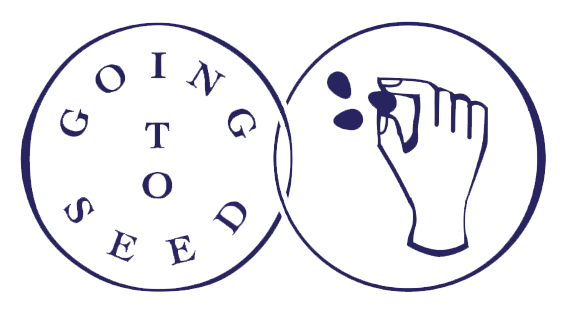Adaptation Gardening
Farmers today regularly apply pesticides, fertilizer, and various forms of crop protection to ensure a good harvest. Food production is the source of 33% of global greenhouse gas emissions. Even in organic systems, farmers still resort to use of organic fertilizers, natural pesticides, and plastics.
Why are agricultural crops so dependent on inputs when wild plants take care of themselves?
Seed producers, responding to the perceived need for visual and production uniformity, maintain very narrow genetic pools. These closed populations suffer from inbreeding depression, resulting in crops that lack resilience in the face of stress, such as disease or drought. To avoid the worst symptoms of inbreeding, many growers buy hybrid seeds every year. This has led to the extreme dominance of hybrid varieties, and the loss of 90% of vegetable genetic diversity over the last 100 years.
60% of commercially available seeds are distributed by four multinational chemical companies. These seeds, often produced under intensively sprayed and fertilized production systems, are generally unsuited to the gardens and farms where they will end up growing. When faced with adversity – whether it’s a short season, non-ideal temperatures, pressure from weeds, pests, and disease, or low soil fertility – many of these varieties fail to thrive. Growers then buy new seeds every year, and support crops at whatever environmental or financial cost is required.
Going to Seed shifts the focus to adapting plants to local conditions.
This is the approach that was common in industrialized countries before 1900, and many Indigenous people around the world continue to practice today. This is the mindset which is at the heart of Adaptation Gardening. We will reshape our food system to:
- Embrace resilience through genetic diversity
- Breed for flavor and nutrient density rather than yield and shelf life
- Reduce pollution from pesticides, herbicides, and fertilizer runoff
- Return control of seeds to the people who grow them
We empower growers with the knowledge, seeds, and resources to shift toward sustainable farming methods that rely on adaptation rather than inputs.
We advocate for genetic diversity. Cross-pollination is necessary to increase crop resiliency, and allows adaptation to conditions over time.
We promote local seed, and educate about seed saving. Seeds adapt to local conditions in various ways -- through genetics, microbial partners, and epigenetics. Local adaptation can't happen without seed saving.
At the heart of our vision is a strong community of growers, seed savers, and educators.
We share knowledge, collaborate, and support each other in achieving a sustainable and just food system.
These methods reduce the need for additional resources, and are accessible to anyone and everyone in the world. It is the only approach that can empower all food growers regardless of their means.
How will we do all this? Read about our programs.
